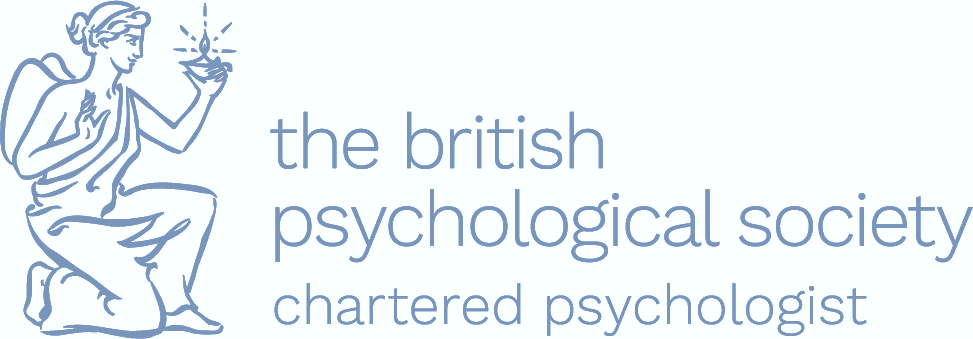lgbtqia+ therapy
why choose lgbtqia+ therapy?
seeking a therapist who understands and validates lgbtqia+ identities and relationships can greatly impact the effectiveness of counselling • i have helped individual and lgbtqia+ couples and can help you:
- to explore your sexual orientation or gender identity • if you are questioning your sexual orientation or gender identity, i can help you explore your feelings and come to a better understanding of yourself
- to deal with internalised homophobia or transphobia • if you have internalised negative messages about lgbtqia+ people, i can support you to challenge those messages and learn to accept and love yourself for who you are
- to cope with discrimination or harassment • if you have experienced discrimination or harassment because of your sexual orientation or gender identity, i can help you cope with the emotional impact of those experiences
- to improve your relationships • if you are in a relationship with someone who is not lgbtqia+, I can support you to communicate your needs and concerns in a way that is respectful and understanding
- to
prepare for coming out or letting others in
•
if you are planning to come out to your family, friends, or coworkers, or let them into what has been your inner world, I can help you prepare for the conversation and cope with potential negative reactions
what I can help you with
as an lgbtqia+ affirmative therapist, I create a warm, judgment-free space to address your challenges while incorporating unique cultural considerations
• with expertise supporting lgbtqia+ clients, i help foster self-acceptance and personal growth • you deserve care tailored to your needs
• my approach strives to empower you to live your best life on your own terms
lgbtqia+ therapy can help you explore your identity, cope with discrimination, improve your relationships, and prepare for coming out. here are some additional benefits:
- increased self-acceptance: therapy can help you accept your sexual orientation or gender identity, which can lead to increased self-esteem and a more positive outlook on life
- improved mental health: therapy can help you reduce anxiety, depression, and other mental health problems
- increased resilience: therapy can help you develop the skills and coping mechanisms you need to deal with challenges in your life
- enhanced quality of life: therapy can help you improve your overall quality of life by helping you feel more comfortable in your own skin, develop stronger relationships, and achieve your goals
if you are struggling with any of these issues, lgbtqia+ therapy may be the help you need
open
i aim to continually learn, self-reflect, and demonstrate humility regarding diverse gender and sexual orientations
affirming
i strive to embrace all gender identities and sexual orientations positively without judgment or pathologising
competent
i apply cultural competence to actively support and empower clients facing intersecting and minority stressors
what to expect
first session
our first session is an opportunity for both of us to think about how we could work together • i would want to find out more about your difficulties and the kind of help you might need. you can also ask me any questions, so you feel supported about the best way forward
therapeutic approach
as a counselling psychologist, I am able to understand and work with client in an holistic way • this involves drawing on a variety of therapeutic modalities, depending and your needs and goals for therapy • see below for a list of therapy approaches I draw on
therapy offer
i offer a space for reflection to create opportunities to know yourself more fully, connect with others more deeply, and feel life is lived in line with who you truly are and want to be • i work collaboratively with you at every stage of your therapy
therapy principles
find out more
affirmative therapy
actively supporting, validating, and empowering identities without attempting to "fix" or change orientations or gender identities. It fosters self-acceptance
minority stress model
recognises unique stressors facing lgbtqia+ individuals related to prejudice and stigma. Therapy aims to enhance coping and resilience
intersectionality
inclusive perspective to understand that multiple social identities intersect with lgbtqia+ experiences to compound marginalisation
feminist therapy
this approach challenges societal sexism while supporting empowerment and recognising diversity of family forms and ways of being
psychoeducation
provides education for clients regarding healthy relationship dynamics, sexual health issues and risks, and challenges lgbtqia+ individuals may uniquely face
culturally-informed modalities
therapy approaches are used to meet lgbtqia+ clients' needs with sensitivity, competence and an affirming lens on their health and strengths

